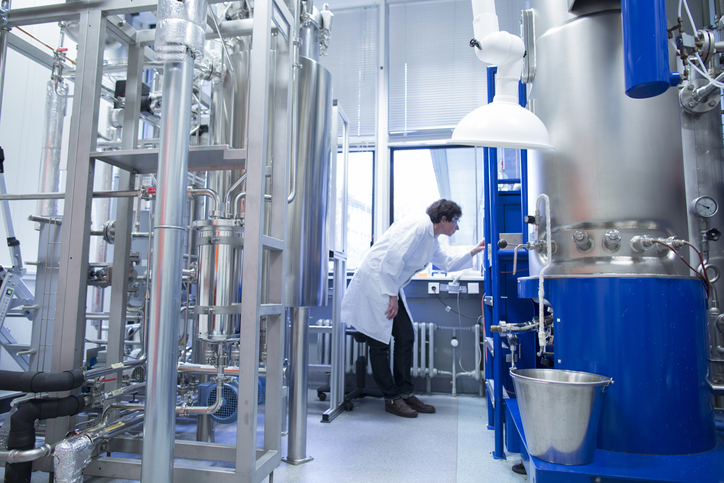Synthetic biology could improve the sustainability and affordability of monoclonal antibody (mAb) production, according to Oliver Yu, PhD, co-founder and CTO of Conagen.
The company, which will make a presentation on making synthetic biology manufacturing sustainable at SynBioBeta 2023, is working with the Bill & Melinda Gates Foundation to try to reduce the high costs of mAb production.
“We’re trying to reduce the cost by 1,000-fold,” explains Yu. “Typically, to administer a mAb costs $1,000 a shot for humans, and we’re trying to get that down to one dollar or less for a shot.”
According to Conagen, the lofty cost of mAb production is, in part, due to the high cost of mammalian expression systems for mAbs, such as Chinese Hamster Ovary (CHO) cells.
Instead, according to Yu, Conagen is engineering algae to produce humanized mAbs using traditional steel tank fermentation. He claims that the company is already producing several mAbs at low cost and are advancing towards its first clinical trials.
Producing mAbs in reusable steel tanks is, he says, more impactful for sustainability than, for example, replacing the single-use plastics popular in mAb manufacturing with biodegradable alternatives.
“The issue the industry is having with bioplastics is they’re extremely expensive to make,” says John McNamara, PhD, vice president of chemical applications at Conagen.
Compared to well-established types of plastic, such as polypropylene or polyethylene, bioplastics made of bioethanol have only been manufactured on a small scale, Yu says and, “we’re still at a relatively early stage of bioplastic [production].”
Current bioplastics remain uncompetitive, McNamara adds, compared to petroleum-based products and thus won’t be replacing single-use plastics in biomanufacturing of mAbs and other therapeutics anytime soon.
“Petroleum [-based plastics] are bad for the environment, but they’re currently the commercial reality,” he points out.






